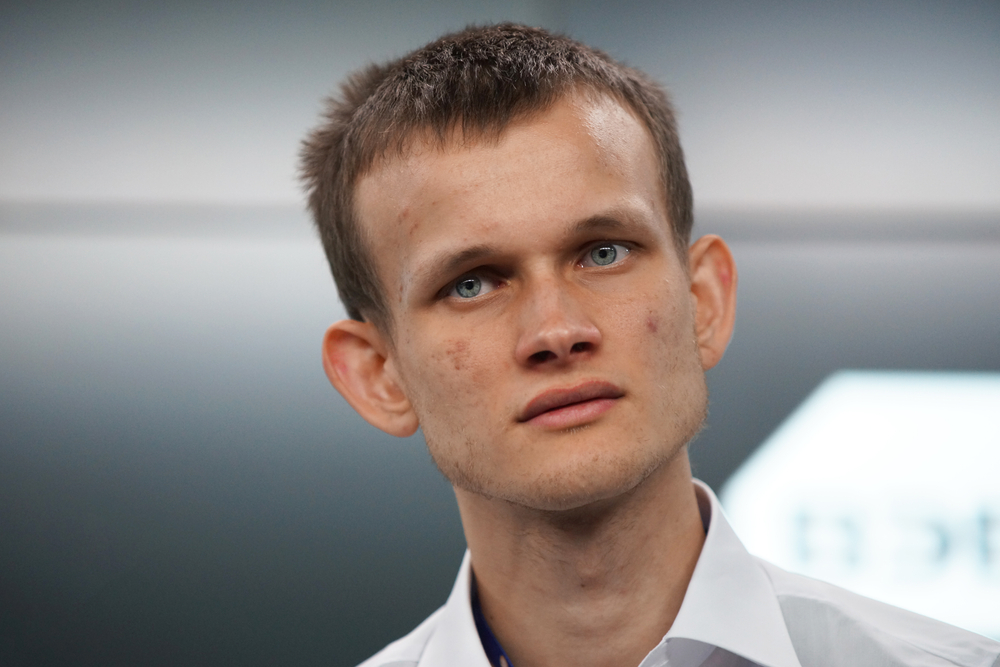Ethereum’s co-founder said it is critical to ‘tread cautiously’ when blending artificial intelligence and blockchain technology.
Vitalik Buterin, Ethereum’s co-founder, has cautioned developers to ‘remain careful’ when blending artificial intelligence (AI) and blockchain technology. In a January 30 post, he highlighted the most pressing problems with artificial intelligence, reminding developers to ‘tread cautiously,’ particularly when deploying novel apps in high-risk and high-value contexts.
Buterin Urges Vigilance When Integrating AI
Buterin said it is critical to be vigilant. For instance, ifif someone develops a prediction market or stablecoin that utilizes an artificial intelligence oracle and becomes attackable, a significant amount of money can disappear instantly.
Buterin claimed that an area where artificial intelligence has the highest feasibility is perming the technology to be a part of mechanisms such as prediction markets at a micro level. This level would be unviable for human beings.
According to Buterin, artificial intelligence could be utilized in crypto wallet interfaces. In this case, it can aid people to comprehend and securely interact with crypto by expounding signatures and transactions or identifying scams.
Buterin also added that, in his opinion, pure artificial intelligence interfaces are presently quite risky since they enhance the risk of other forms of faults. However, artificial intelligence supplementing a more traditional interface is becoming quite feasible.
Avoid Harnessing AI to Implement Governance in Crypto Systems
According to Buterin’s perspective, the most hazardous endeavor would entail harnessing artificial intelligence to implement the governance or regulations of crypto systems. This is because open-source artificial intelligence models might be susceptible to dangerous attacks.
Open-source artificial intelligence is more susceptible to antagonistic attacks since malevolent actors can analyze its code and enhance attacks against it. Further, despite closed-source artificial intelligence offering ‘security via obscurity, the models do not offer transparency concerning how they operate or guarantee that they are unprejudiced.
A perfect example of closed-source artificial intelligence is Worldcoin, an OpenAI-adjacent crypto startup. According to Buterin, it depends on ‘not permitting anybody to just call into the artificial intelligence model.’ Rather, it is utilizing ‘genuine software.’
Buterin said that the most significant challenge would entail developing a decentralized artificial intelligence using blockchain and crypto that other apps could use. In this case, the most difficult to get right are apps that utilize cryptographic tactics and blockchains to develop a ‘singleton.’ A ‘singleton’ refers to a decentralized trusted artificial intelligence that some apps would depend on for some purpose.
The apps have a potential for ‘functionality and enhancing artificial intelligence safety in a manner that evades centralization risks linked to more conventional strategies to that issue.’ Buterin concluded by saying that the underlying assumptions could fail in several ways.
Editorial credit: Alexey Smyshlyaev / Shutterstock.com
